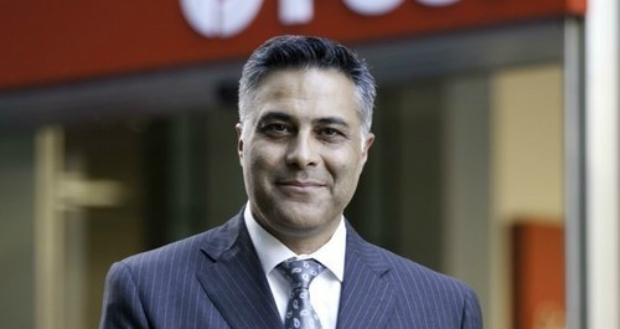
Casuals have a new pathway to full-time or part-time (permanent) employment under the National Employment Standards (NES).
Previously, employers had an obligation to offer casual Award covered employees the opportunity to convert from casual to permanent employment after six or 12 months of service where certain criteria are met.
However, since 26 February 2025, casual employee conversion now operates under an ‘employee choice pathway’ thereby dispensing with the need for an employer to instigate offering conversion to permanent employment status.
Under the new ‘employee choice pathway’ a casual employee can give written notice (the ‘notification’) to their employer requesting they convert to permanent employment status if they have been employed for at least six months, and believe they no longer meet the requirements of the casual employee definition.
A casual employee cannot provide the notification if they:
- have had a previous notification for conversion rejected in the previous 6 months; or
- are currently engaged in a related dispute.
A business that receives a notification must consult with the employee and provide them with a written response within 21 days. If the request is accepted the business must provide information setting out the employee’s new status (full-time or part-time), their new hours of work, and the date the change commences (the first day of the first full pay period commencing after the response unless otherwise agreed).
An employer can only refuse the conversion request if the employee:
- still meets the definition of casual employee;
- there are fair and reasonable operational grounds for not accepting the notification, such as: substantial changes would be required to the way in which work in the employer’s business is organised;
- there would be significant impacts on the employer’s business operations; or substantial changes to the employee’s employment conditions would need to be made to ensure that the employer does not contravene an Award or enterprise agreement that would apply to the employee as a permanent employee.
In keeping with the revised legislative definition of ‘casual employee’ in the Fair Work Act, an employment relationship is considered casual if the employment relationship is characterised by:
- no firm advance commitment to continuing and indefinite work; and
- the employee would be entitled to a casual loading or a specific rate of pay for casual employees under an Award or contract of employment.
Where an employer and employee are unable to reach agreement, the issue can be escalated to the Fair Work Commission.
Although the Commission will initially seek to resolve the dispute by informal conferencing, the Commission can arbitrate with a binding decision. This includes that the employee will continue to be treated as a casual or alternatively as a permanent employee.
Additionally, the employee choice pathway is a workplace right and casual employees may be protected under the General Protections provisions of the Act. Any deliberate actions by an employer to avoid their obligations can be dealt with accordingly.
Small businesses
Please note that these changes do not come into effect for small businesses until 26 August 2025. Further, a small business employee must have been employed for 12 months employment, rather than six months, prior to providing a notification to their employer.
Employer considerations
As part of your related consultative discussions with the casual employee, remember to advise them that if they become permanent (part-time or full-time) they will commence accruing personal and annual leave entitlement, however, will no longer receive the casual loading if they become a permanent employee. This consideration can result in an employee deciding to withdraw their request due to a perceived reduction in pay.
In dealing with this issue, businesses should ensure that their operational needs are proactively considered. Businesses should undertake an assessment of the real substance, the practical reality, and the true nature of whether each casual employee continues to meet that definition under the Fair Work Act.
Charles Watson is GM – IR, Policy, and Governance at the Visual Media Association
This article is of a general nature and guidance only and does not constitute legal advice.
Comment below to have your say on this story.
If you have a news story or tip-off, get in touch at editorial@sprinter.com.au.
Sign up to the Sprinter newsletter


